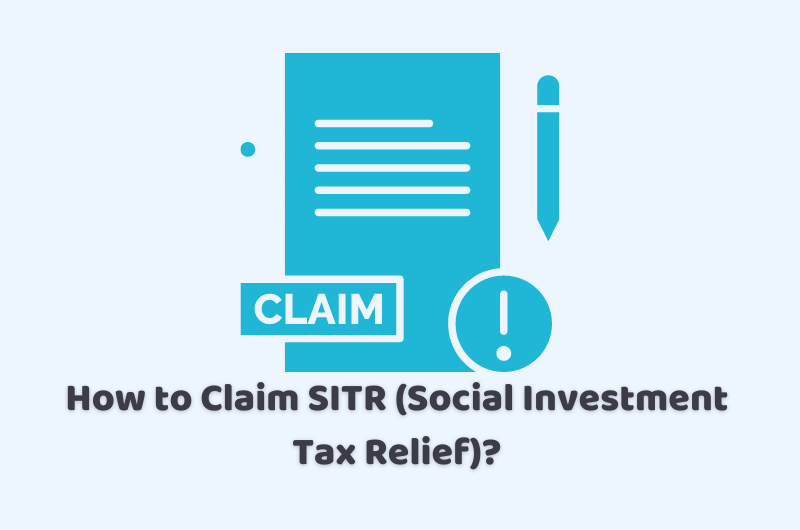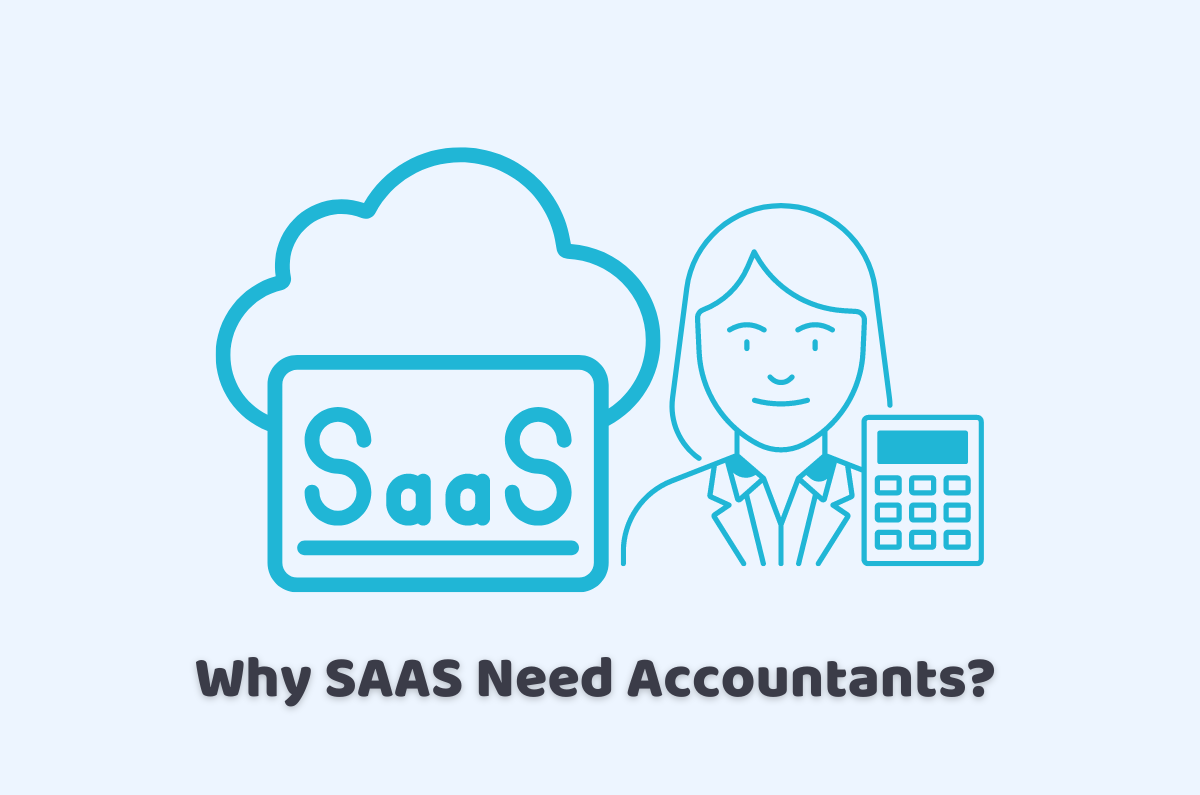
07/03/2024tax , Tax Issues , Tax News and Tips , Tax Saving Tips , Taxation
How to claim SITR? Social investment tax relief (SITR) is a valuable tax relief option available to individuals who make qualifying investments in social investment trusts in the UK. SITR offers tax relief of up to £100,000 per tax year to investors who meet the eligibility criteria. The relief is designed to encourage investment in social enterprises and community interest companies. That promotes social good while also delivering financial returns.
In this discussion, we will explore the eligibility criteria for SITR, the steps to claim tax relief, the impact of SITR on other tax reliefs, and other important factors to consider when claiming SITR. Whether you are a new investor or an experienced investor seeking to diversify your portfolio. Understanding the eligibility criteria for SITR and the process for claiming the relief can enable you to make a valuable investment in social impact. While also benefiting from valuable tax relief.
Talk to our best accountants and bookkeepers in the UK at CruseBurke. You will get instant help about how to claim SITR.
Understanding of SITR (Social Investment Tax Relief)
Social Investment Tax Relief (SITR) is a tax relief scheme for individuals who invest in social investment trusts in the UK. Individuals who invest in a social investment trust can claim SITR by claiming their self-assessment tax return. Important to note that SITR is a voluntary scheme and not all social investment trusts claim for it.
It’s essential to understand the eligibility criteria for SITR to ensure that investments made are eligible to receive the tax relief. It’s also important to ensure that the investment remains in the social investment trust for at least two years to be eligible for the relief.
If you’re considering investing in a social investment trust, ensure that you understand the eligibility criteria for SITR and the process for making a claim. Understanding SITR can provide a valuable tax relief option for investors wanting to support positive social outcomes.
Eligibility Criteria for Social Investment Tax Relief
The eligibility criteria for social investment tax relief in the UK include:
1. Social Investment Trusts (SITs):
The investment must be made in a social investment trust that is approved by HM Revenue & Customs and operates primarily in the UK.
2. Maximum Investment Limit:
The maximum amount that can be invested in a social investment trust each year and qualify for social investment tax relief is £100,000.
3. Two-year Holding Period:
To be eligible for social investment tax relief, the investment must be held for at least two years.
4. Non-Commercial Terms:
The investment must be made on non-commercial terms. This means that the investor cannot expect to derive income or capital growth from their investment.
5. Qualification Requirements:
The social investment trust must meet certain qualification requirements to be considered eligible for social investment tax relief. These include having a specific social objective, being managed by a community interest company or industrial providence society. Having a large proportion of its assets invested in the UK.
How to Claim SITR?
To claim social investment tax relief in the UK, follow these steps:
- Ensure you meet the eligibility criteria for social investment tax relief.
- Ensure you have all the necessary documents and proof of investment in the social investment trust.
- Calculate the amount of social investment tax relief you are eligible for.
- Complete a tax return or claim your personal tax account online.
- Submit all necessary documentation and proof of investment.
- HMRC will review your claim and may contact you for any further information or to request further documentation.
- If your claim is successful, you will receive the tax relief entitlement in your tax account.
Claiming social investment tax relief can provide valuable tax relief for individuals who invest in social investment trusts in the UK. By following the steps outlined above and ensuring you meet the eligibility criteria, you can make a successful claim for social investment tax relief
Example of a Successful Social Investment Tax Relief Claim
Here is an example of a successful social investment tax relief claim in the UK:
A taxpayer invested £75,000 in a social investment trust in the previous tax year. The trust qualified for social investment tax relief and met all the eligibility criteria. The taxpayer made a claim for social investment tax relief in their tax return or personal tax account. Providing all the relevant documentation and proof of investment.
HMRC reviewed the claim and approved it, meaning that the taxpayer is eligible for social investment tax relief. The taxpayer will receive the tax relief entitlement in their tax account. Which can be used to offset their tax bill or carry forward to future tax years.
It’s worth noting that successful social investment tax relief claims will vary depending on the individual circumstances. It’s always best to consult with a qualified tax professional or accountant for advice and guidance on claiming social investment tax relief.
Further Information on Social Investment Tax Relief in the UK
Some other important factors involved:
1. Understanding the terms and conditions of the SITR scheme:
It’s essential to carefully review the terms and conditions of the SITR scheme to ensure that your investment qualifies for the relief. This includes understanding the requirements for the SITR trust to be registered, eligible investments, and the two-year holding period.
2. Keeping accurate records:
It is important to keep accurate records of your investments. Including the date of purchase, the amount invested, and the terms of the investment. This will help you to calculate the taxes due and make a claim for SITR.
3. Seeking professional advice:
The SITR scheme can be complex, and mistakes can be expensive. Seeking professional advice from a tax advisor or accountant can help you navigate the process and make sure that your claim is made correctly.
4. Timeframe for making a claim:
It’s important to make a claim for SITR on time, as there is a limit on how far back claims can be made. If you miss the deadline, you could lose out on tax relief.
5. Impact of SITR on other tax reliefs:
SITR can impact other tax reliefs that you may be entitled to. It’s essential to consider the impact of SITR on other tax reliefs you may be entitled to and to make sure that you are claiming all the reliefs to which you are entitled.
Conclusion
In conclusion, how to claim SITR, social investment tax relief (SITR) is a valuable tax relief option for individuals who invest in social investment trusts in the UK. The eligibility criteria for SITR include investing in a suitable social investment trust. Holding the investment for at least two years and investing on non-commercial terms. The steps to claim social investment tax relief include ensuring you meet the eligibility criteria and calculating the amount of relief. Also claiming your tax account.
The tax system can be complex, and professional advice can help you navigate the process and make sure that your claim is made correctly, avoiding mistakes that can be expensive. It’s also important to understand the impact of SITR on other tax reliefs you may be entitled to and to use SITR as part of a balanced tax planning strategy. In summary, SITR is an accessible and valuable tax relief option for those who invest in social investment trusts.
Are you seeking professional help to know how to claim SITR in the UK? Why not get help from the experts at the CruseBurke? Talk to us now and we will get back to you instantly.
Disclaimer: The general information provided in this blog about how to claim SITR in the UK includes text and graphics. It does not intend to disregard any of the professional advice in the future as well.


